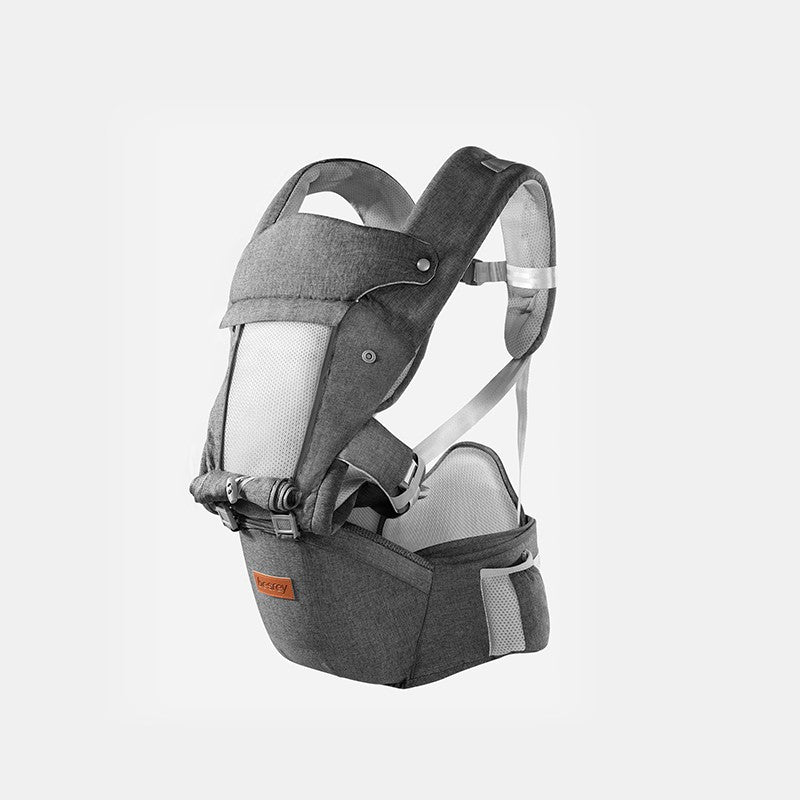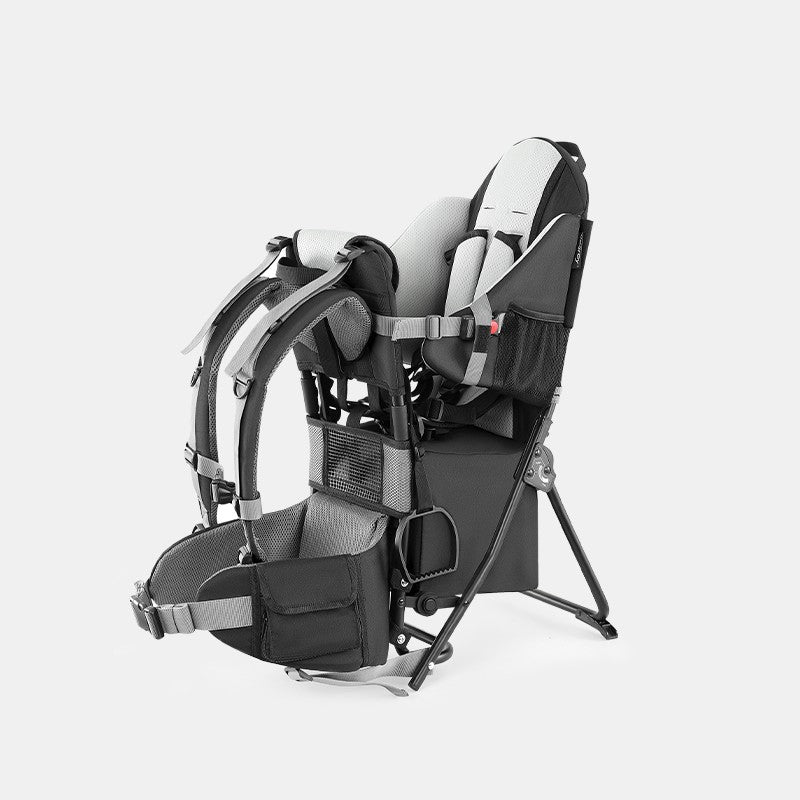
How to Make Newborns Have a Restful Night's Sleep?
Welcoming a newborn into your family is a joyous occasion, but it also comes with the challenge of adjusting to the baby's sleep patterns. Newborns, especially those aged between 0 to 4 months, have unique sleep needs that can be a bit tricky for new parents to navigate. In this article, we'll explore some effective strategies to help your baby sleep well during these early months.

Understanding Newborn Sleep
Before we delve into sleep solutions, it's essential to understand newborn sleep patterns. Newborns sleep for a significant portion of the day, around 16 to 18 hours, but in short stretches of 2 to 4 hours at a time. Their sleep is influenced by feeding schedules and biological rhythms, making it important to establish a nurturing sleep routine.

Tips for Encouraging Sound Sleep
- Create a Calm Sleep Environment: Designing a serene sleep space for your newborn is crucial. Dim the lights and minimize noise disturbances to signal that it's time to rest. Ensuring the room temperature is comfortable (between 68-72°F or 20-22°C) can also help.
- Follow a Consistent Routine: Establishing a predictable bedtime routine helps signal to your baby that it's time to sleep. Incorporate calming activities such as a warm bath, gentle massage, or soothing lullabies before placing them in their crib.
- Responsive Feeding: Newborns have small tummies and require frequent feeding. Make sure your baby is well-fed during the day to prevent them from waking up hungry in the middle of the night.
- Daytime Naps: Adequate daytime naps contribute to better nighttime sleep. While it might seem counterintuitive, ensuring your baby gets enough rest during the day can help prevent overtiredness at night.
- Swaddle Comfortably: Swaddling can provide comfort and mimic the womb environment, helping your baby sleep more peacefully. Just make sure to use a breathable and correctly fitted swaddle to prevent overheating and ensure healthy hip development.
- Use White Noise: Gentle white noise, such as a fan or a specialized machine, can help drown out environmental disturbances and create a consistent background sound that soothes your baby to sleep.
A notable advancement in newborn sleep solutions is the introduction of bedside cribs. A bedside crib is a safe sleep solution that attaches to your bed, allowing your baby to sleep close to you while maintaining a separate sleep space. Here's why bedside cribs are gaining popularity among new parents:
Proximity: Bedside cribs enable you to be within arm's reach of your baby, making nighttime feedings and soothing quicker and easier. This proximity also promotes bonding and provides comfort to your baby.
Safe Sleep: Bedside cribs are designed with safety in mind. They provide a secure and separate sleep area for your baby, reducing the risk of Sudden Infant Death Syndrome (SIDS) associated with bed-sharing.
Sleep Training: Bedside cribs can facilitate sleep training methods, allowing you to respond to your baby's needs promptly while gradually encouraging self-soothing.
Parental Sleep: With a bedside crib, you can enjoy more restful nights since you won't need to get up and walk to another room for nighttime feedings or soothing.

Helping your newborn sleep well is a journey that requires patience, understanding, and a bit of trial and error. By creating a soothing sleep environment, establishing a consistent routine, and considering the advantages of a bedside crib, you can set the foundation for healthy sleep habits that will benefit both your baby and you in the long run. Remember that every baby is unique, so be open to adjusting your strategies based on your baby's cues and needs. A well-rested baby is a happy baby, and with the right approach, you'll be fostering healthy sleep patterns that will serve your little one well into the future.
Partager





